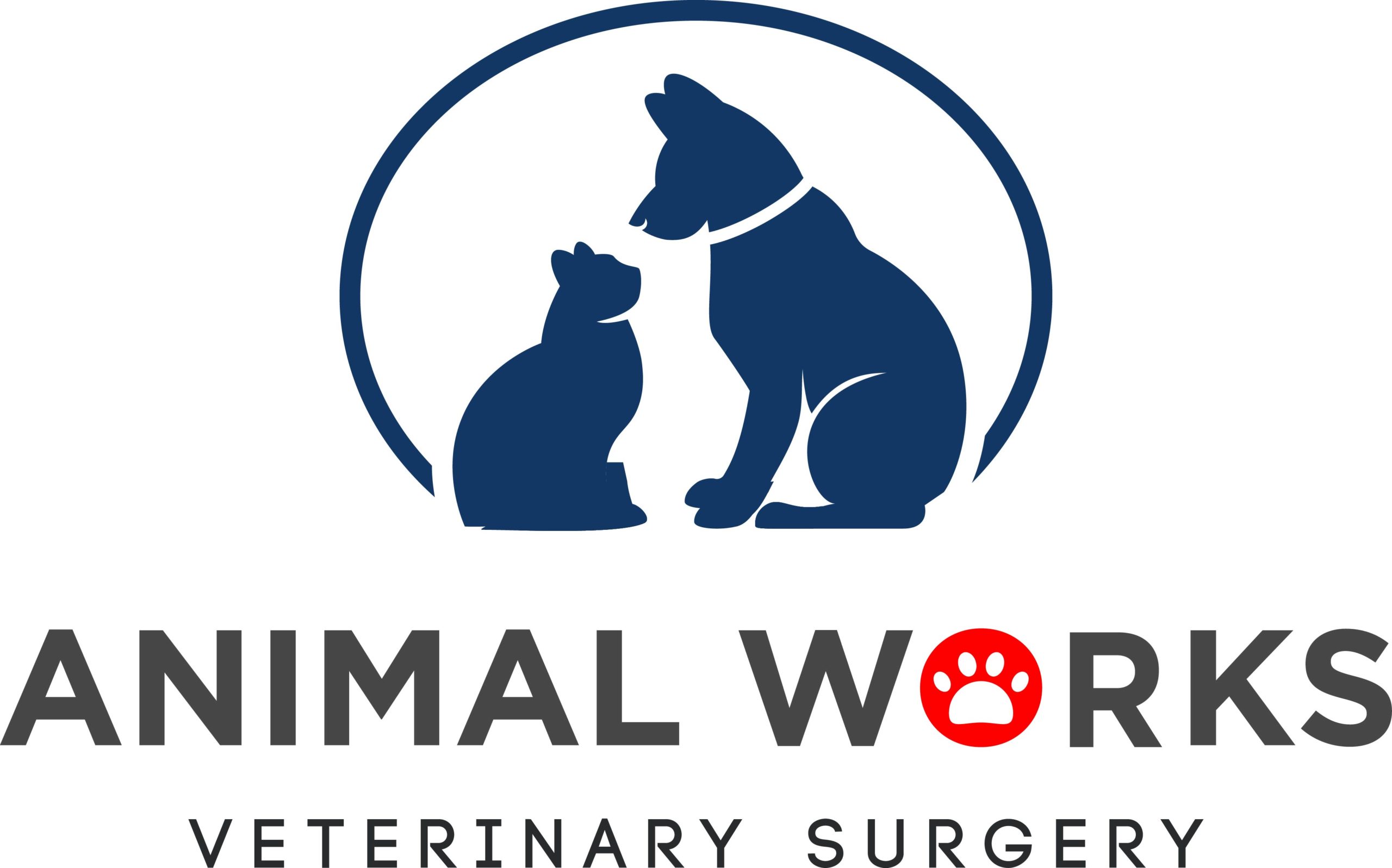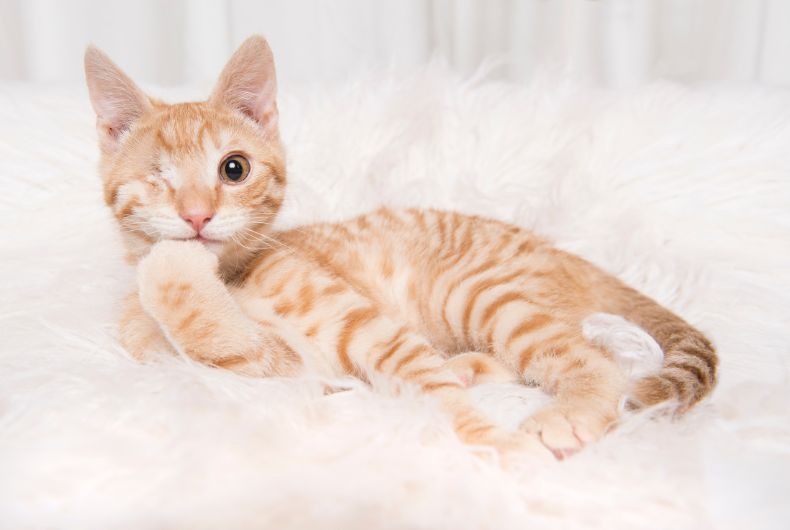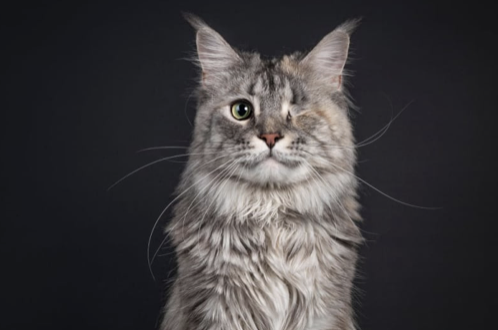
Enucleation is the surgical removal of the entire eye. Although the permanent removal of any body part sounds scary, eye removal is a common procedure for pets with certain ocular conditions. This surgery can significantly improve a pet’s quality of life if they are suffering from severe eye conditions that are unresponsive to other treatment options. For this reason, it is typically considered a last resort procedure when other attempts to save the eye have failed. Once an eye condition threatens a pet’s health and well-being, enucleation offers a humane alternative to constant eye pain associated with blindness, tumors, infections, and/or diseases. In more complex cases, bilateral enucleation (both eyes) may be necessary for the pet’s comfort and survival.
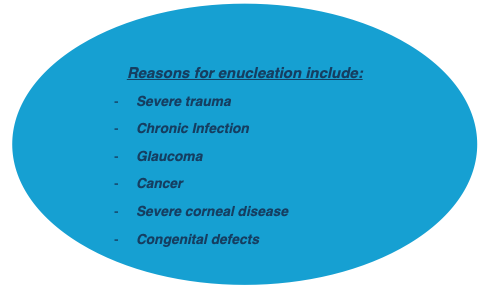
When the eyeball is removed, the tear gland and a portion of the eyelids are removed as well. The remaining skin is permanently sutured closed. The pet’s hair will regrow over the surgical area. Typically, over time the skin will sink in a bit, which may or may not be very noticeable depending on the cat or dog’s coat. The sutures used are dissolvable.
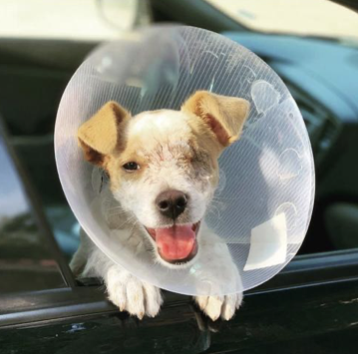
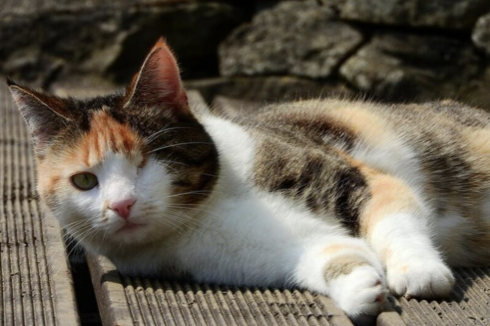
Dogs and cats adapt very well to the new situation and get back to their normal routines after a recovery period of about 2 weeks. Depending on how long your pet had vision loss in the affected eye, he/she may need a little extra time learning to navigate their surroundings again while adapting to life with one eye. During this time, it is recommended to avoid stairs and jumping since depth perception will be different now. As with all surgeries, it’s very important to closely follow your veterinarian’s specific post-operative care instructions. Wearing an e-collar is imperative during the recovery from enucleation.
*Spotlight on Glaucoma*
Glaucoma is an eye disease in which the pressure within the eye increases. Forty percent of dogs affected with glaucoma end up blind in the affected eye within the first year, regardless of medical treatment or surgery. Signs of glaucoma include eye pain, watery discharge, physical swelling/bulging of the eyeball, cloudy or bluish-colored cornea, and/or blindness. Glaucoma can also present as your pet not feeling well overall, exhibiting signs of lethargy, loss of appetite, and unresponsiveness.

If your dog or cat needs an enucleation, or you have any further questions about the procedure and aftercare process, give us a call today! Animal Works Veterinary Surgery – Fort Collins, CO 970-694-2625
